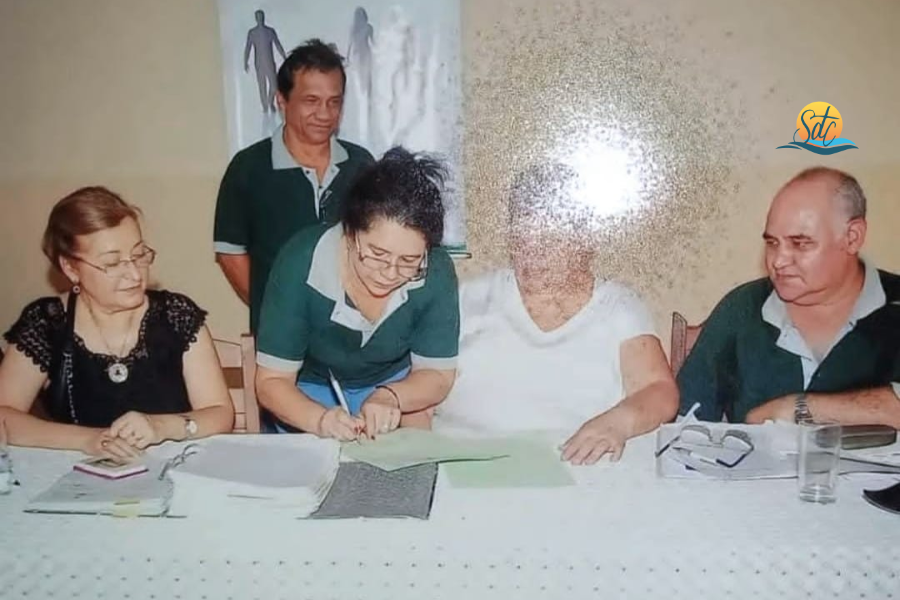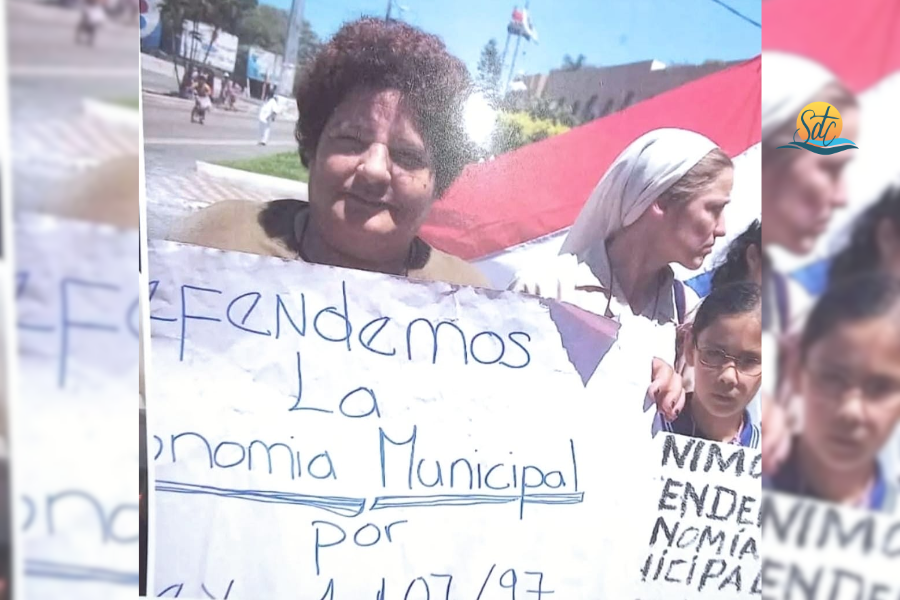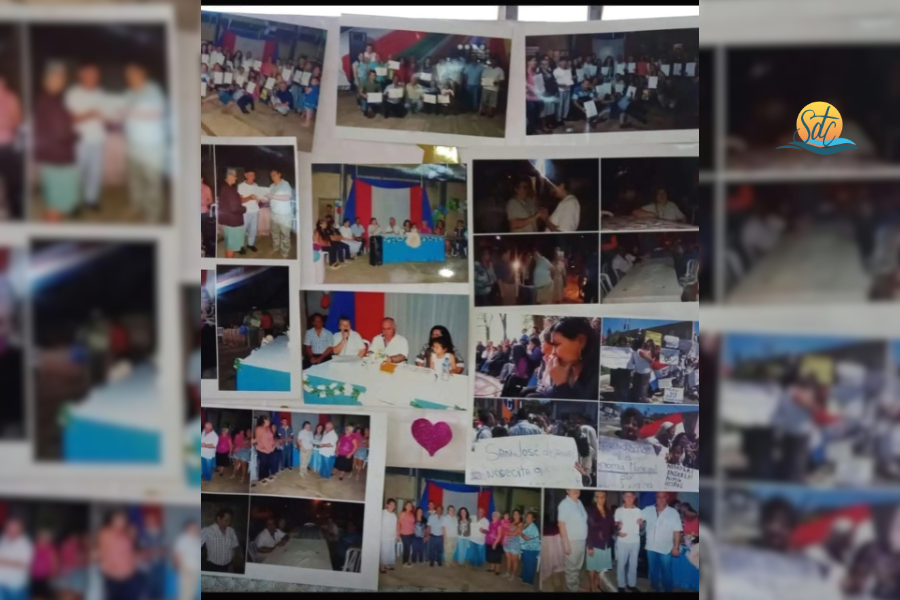On February 20th we celebrate Social Justice Day, so we want to remember a global issue, but looking at a local reality: land ownership in Lambaré, Paraguay.
The International Day of Social Justice aims to highlight how development and social justice are essential for the maintenance of peace and security, both between States and at the national level. However, the occasion also aims to remind us that in the absence of peace and security and respect for all human rights and fundamental freedoms, development and social justice cannot be achieved.
The encyclical Fratelli Tutti reminds us: “God gave the earth to the whole human race for the support of all its inhabitants, without excluding or favouring anyone”. In this sense, I recall that “the Christian tradition has never recognized the right to private property as absolute or untouchable, and has stressed the social purpose of all forms of private property.” The principle of the common use of created goods for the good of all is the “first principle of the whole ethical and social order,” and is a “natural, primordial and priority right” (FT 120).
This precious gift from God, which he gave to everyone without exception, is claimed by the few, supported by power and arrogance, thus discarding a large impoverished majority.
This situation is an endemic reality in Latin America, and particularly in Paraguay.
The World Bank indicates that, with regard to land concentration, over 70% of productive land is occupied by 1% of the largest companies, which places Paraguay as the country with the highest level of land inequality in the world, with a GINI coefficient of 0.93.
This lack of land ownership is also aggravated by the lack of decent housing. Some studies indicate that 56.3% of the population lives in poverty and 37.9% of all children between the ages of 0 and 14 live in inadequate housing (it should be noted that 22.7% of the population lives in poverty according to the 2022 census).
All these figures indicate that hundreds of thousands of people live without their dignity and their right to develop with dignity being taken into account, criminalized for the simple fact of being poor and landless, suffering evictions and discrimination.
This lack generates as many others that end up dehumanizing us if we forget that everyone, without exception, is the rightful heir to this gift that comes to us from God.

The Sisters of Charity, aware of this scourge, have historically tried to support the people’s struggle for a more dignified life, for their own land, and for service facilities in the central area of the country, which corresponds to the settlements (occupied land), and on the outskirts of the cities.
In the city of Lambaré, from the beginning, the sisters have accompanied the community, which has organized itself to claim its right to housing. This community struggle involved months of demonstrations in front of the National Parliament, with the whole family committed to obtaining the expropriation in August 1997, with many sacrifices, suffering and anguish, continuing the struggle in front of the municipality for more than a month, to obtain the purchase of the same a year later. Almost 30 years after the struggle began, each family can now rely on a title deed, step by step.
All this has been possible thanks to the tenacity of those who have offered their time and resources, convinced of the common good, as Margot Bremer, rscj, points out: “All resistance against injustice and inhumanity starts from the hope that we draw from the dream of another possible world, our utopian dream, convinced that this world is made for the opposite: a coexistence with equal rights, dignity, and fair distribution of goods and the national territory”.
Let’s live this utopia, this Kingdom of God, emphasized by the value of solidarity as Pope Francis tells us:
Solidarity… “It means thinking and acting in terms of community, putting the life of all ahead of the appropriation of goods by a few. It also means fighting against the structural causes of poverty, inequality, lack of employment, land and housing, and the denial of social and labor rights. It means confronting the destructive effects of the empire of money. […] Solidarity, understood in its deepest sense, is a way of making history, and this is what popular movements are doing” (FT 116)
Let’s continue to make history…









